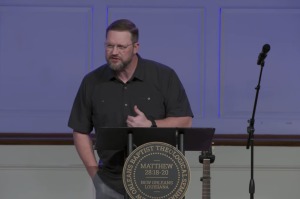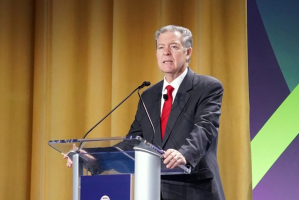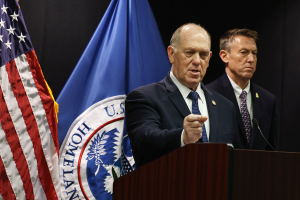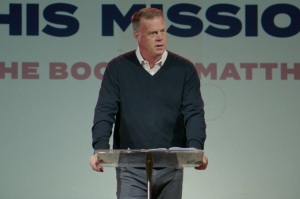Prayer Ban at Council Meetings to be Overturned in Britain
The British High Court ban on prayers at local council meetings has effectively been overturned.
British Communities Secretary Eric Pickles is pushing through a section of the Localism Act that will give local councils the authority to decide whether or not to include prayers in formal business.
The High Court ruled last week that prayers at council meetings were unlawful following a legal action brought against Bideford Town Council by the National Secular Society.
The society was acting on behalf of Clive Bone, an atheist member of the council, who had complained that it was uncomfortable for him to sit through Christian prayers.
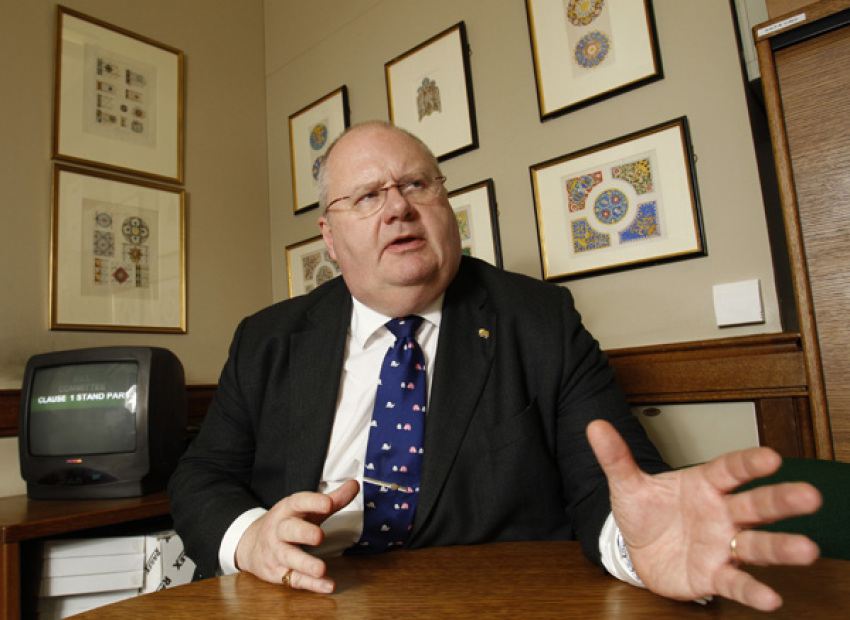
In passing his judgment, Mr Justice Ouseley said that the Local Government Act 1972 did not give local authorities the power to include prayers in the agenda of their meetings.
The ruling was widely condemned by MPs and Christians, who felt it was an indication of the increasing marginalization of Christianity in the face of an aggressive secularism.
The legal action was brought against Bideford Town Council after it twice voted in favor of keeping the prayers. It is to appeal the High Court ruling.
Pickles claimed that the ruling did not reflect the intention of Parliament when the Localism Act was passed 40 years ago. He said that last week's case should be seen as a "wake-up call."
"For too long, the public sector has been used to marginalize and attack faith in public life, undermining the very foundations of the British nation. But this week, the tables have turned.
"We are striking a blow for localism over central interference, for freedom to worship over intolerant secularism, for Parliamentary sovereignty over judicial activism, and for long-standing British liberties over modern-day political correctness."















